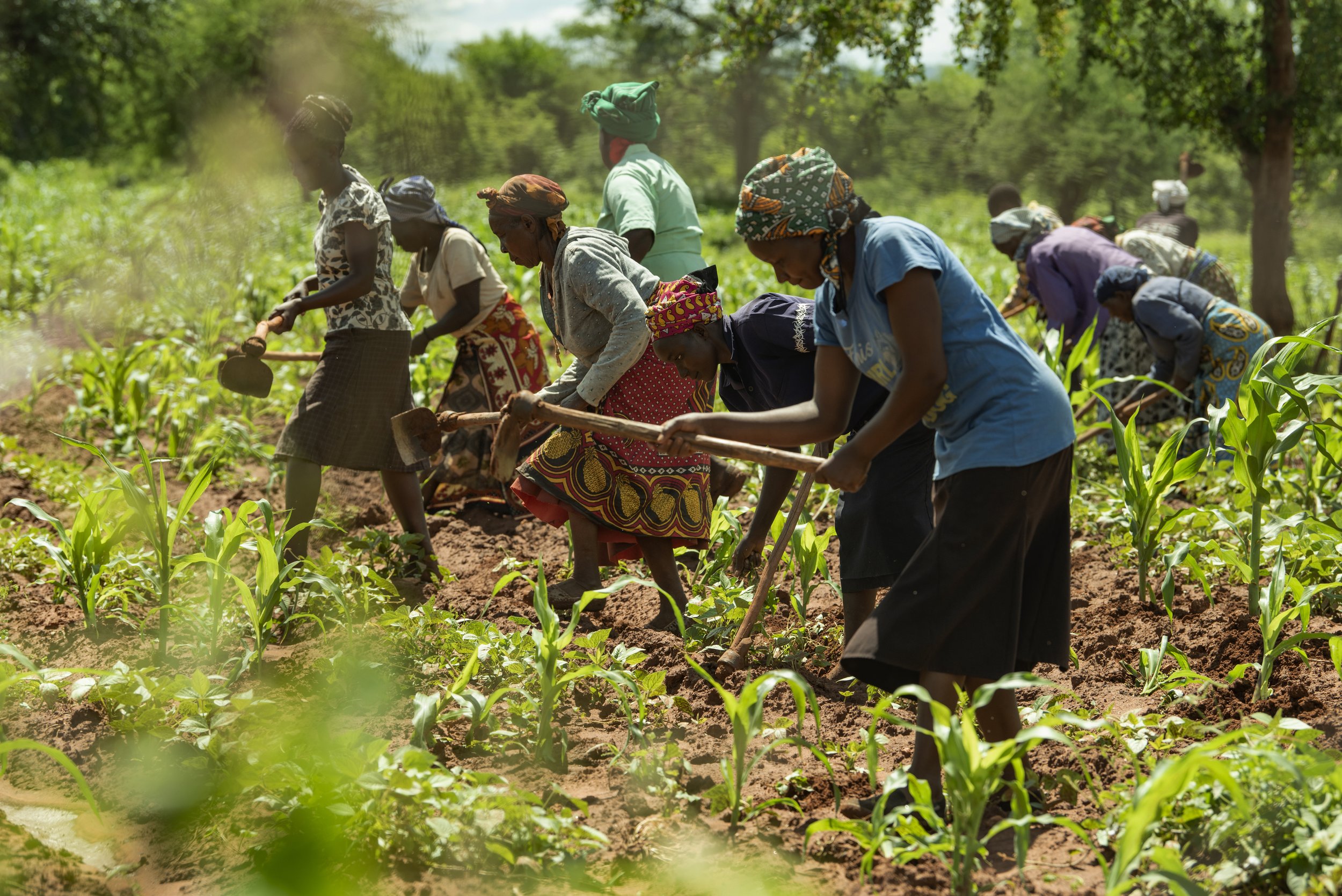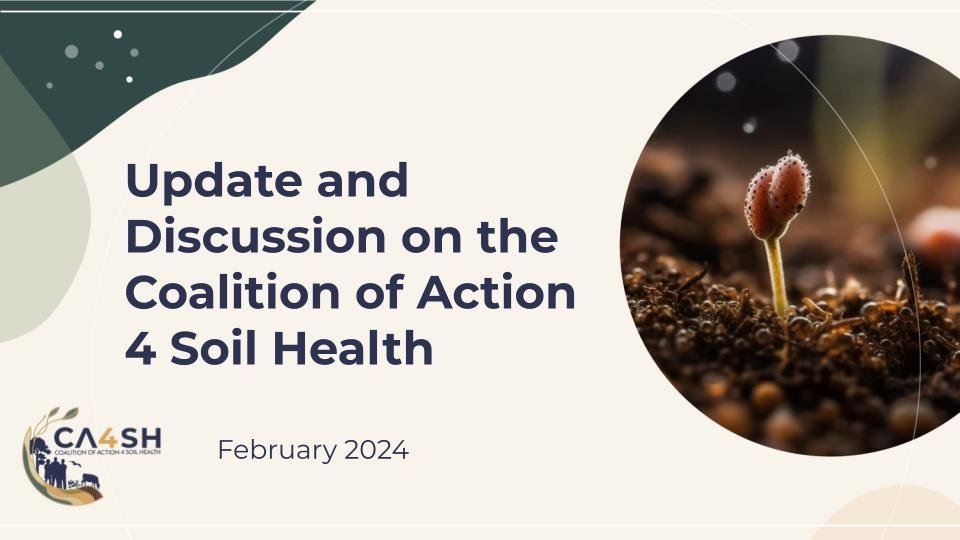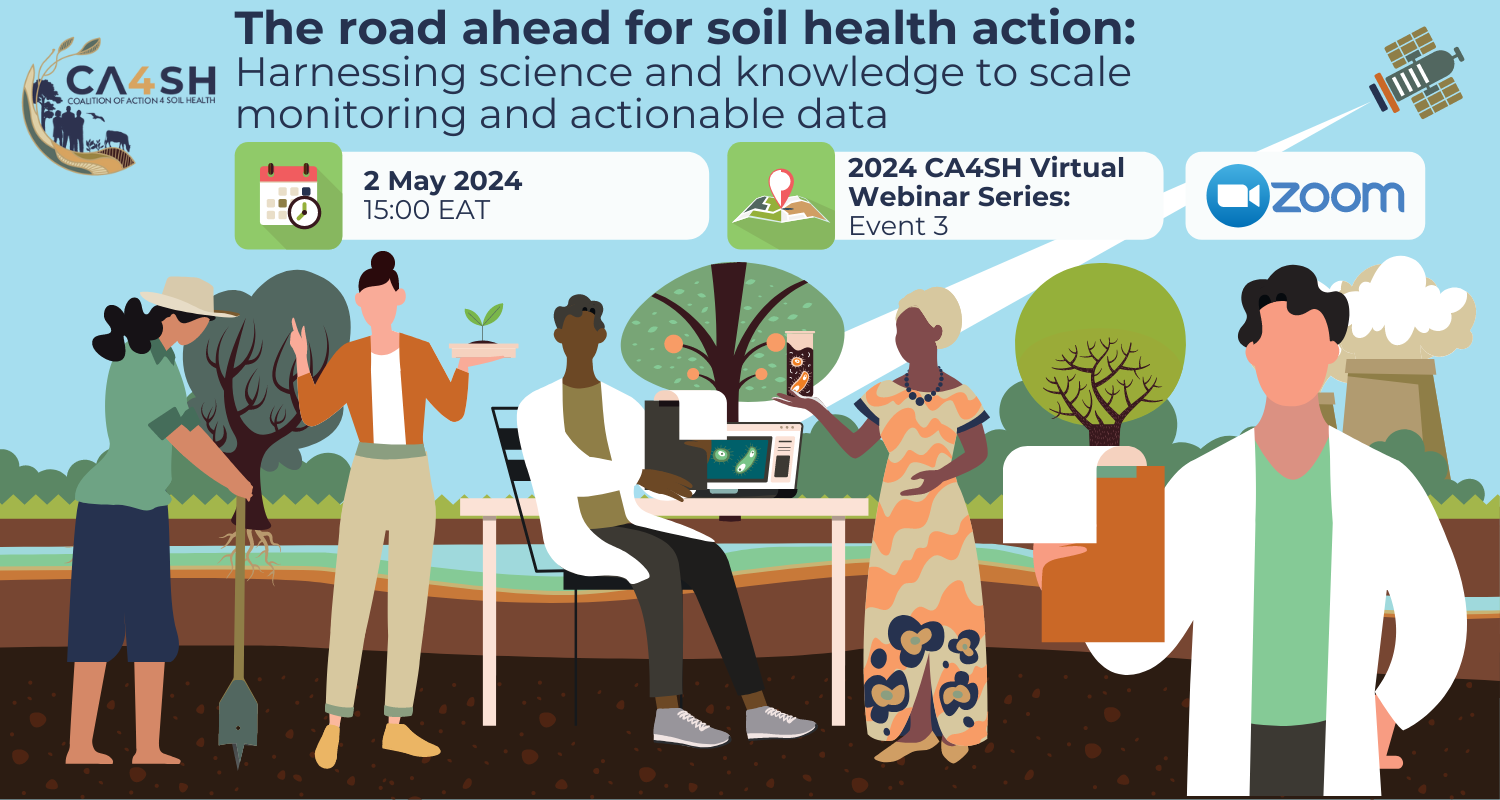
The Soil Health Resolution
The Soil Health Resolution is a set of commitments to enable and scale healthy soil practices to mitigate and adapt to climate change, restore biodiversity, improve water resilience, enhance food and nutrition security, and protect natural and cultural heritage.
Background
To achieve the goals of the Paris Agreement, the Sustainable Development Goals, and restoration targets, we need comprehensive action. For a long time, energy-based solutions were the sole focus of climate policies. However, carbon solutions that use and increase the absorption capacity of natural carbon sinks offer advantages and co-benefits. Nature-based solutions can make an essential contribution to combating climate change. The projected mitigation potential in agriculture via improved crop and livestock management is 1.8-5.5 Gigaton CO2 (eq) per year in 2030. This is comparable to the mitigation potential of wind energy. Yet, carbon sequestration in agriculture is still limited. If we manage soil intelligently, it can be an important ally in our fight against climate change.
We lose 24 billion tons of topsoil every year. This is due to unsustainable land and soil management practices that accelerate degradation through erosion, salinization, compaction, acidification, loss of organic carbon and biodiversity, and chemical pollution accumulation. By scaling sustainable and regenerative farming and grazing practices, and supporting farmers, pastoralists and land managers on the ground who implement them, global agriculture can shift from being the world’s largest driver of soil degradation to its greatest restorer.
Now is the time for multi-stakeholder action to build an enabling environment at multiple levels for supporting, financing, scaling and monitoring healthy soil ecosystems. The Soil Health Resolution is a step toward achieving this.
Resources
News Centre
Events

















